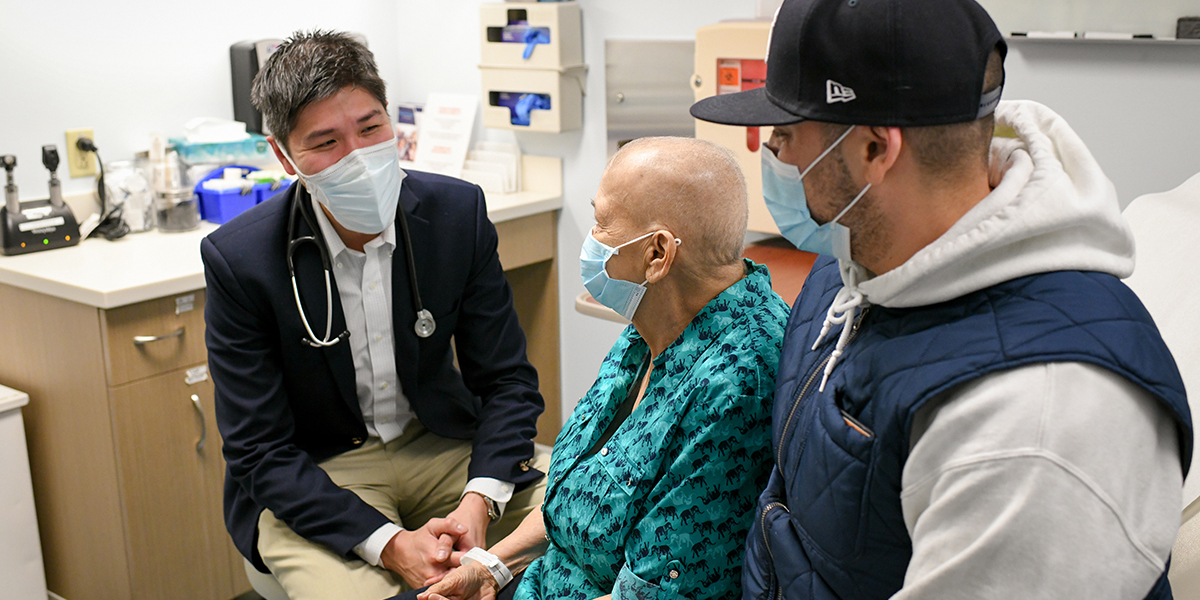John Theurer Cancer Center at Hackensack University Medical Center Research Applies Best-in-Class Liquid Biopsy Technology for Patients with Myeloid Neoplasms
Study finds targeted NGS can reliably and efficiently provide enough information in one test on the blood to help refine diagnostics in AML and MDS

John Theurer Center Center at Hackensack University Medical Center researchers contributed to a recent Frontiers in Oncology study that examined use of targeted next generation sequencing (NGS) in detecting chromosomal structural abnormalities or copy number variations (CNVs) in patients with myeloid neoplasms. Key findings include:
- Liquid biopsy using targeted NGS provides a reliable means of detecting chromosomal structural abnormalities in myeloid neoplasms.
- In certain cases, targeted NGS may reliably and efficiently provide enough information without the need for BM biopsy, given that broad mutation profiling is obtainable through adequate sequencing in the same test.
- Results support using liquid biopsy for early diagnosis and monitoring of patients with myeloid neoplasms.
The study evaluated plasma cell-free DNA (cfDNA) from 2,821 myeloid or lymphoid neoplasm patients. When comparing the myeloid samples with 89 BM patients, NGS testing reliably detected chromosomal gain or loss, except for fusion abnormalities. Cytogenetic abnormalities classified according to prognostic classes showed complete consistency between cfDNA NGS data and cytogenetic data.
Learn more about cancer care innovations at John Theurer Cancer Center at Hackensack University Medical Center.
